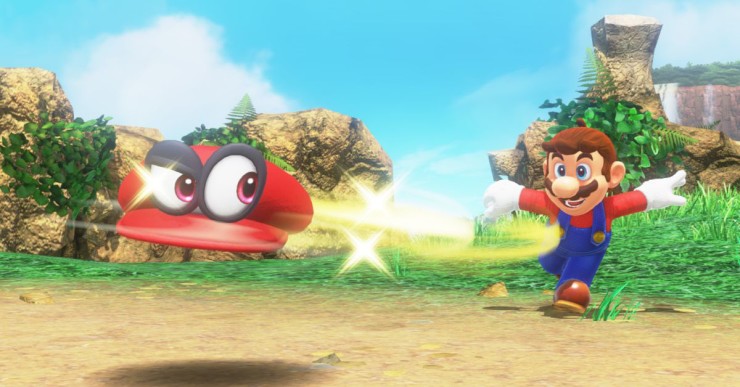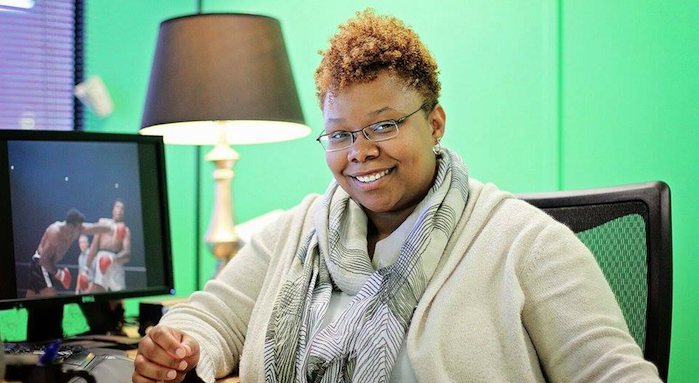I’ve been thinking about cheating and games a lot lately. It’s not surprising. At least half the time, when I give my elevator pitch, whoever I’m talking too equates what I study, gaming community support sites and the information gamers share there, with cheating. Responses like “You mean those ways to cheat the game” are all too common reactions. It’s even in the literature. Mia Consalvo’s work takes the issue head on, exploring the question of cheating in the ways gamers interact with information around games. I found a really great article which makes the case for a coherent humanities methodology for games studies and researchers as gamers, but then spends pages detailing how video walk-throughs of Morrowind are cheating. It’s a shame, really, that this perception lingers, that somehow the creation of a community lends itself to being perceived as a way to circumvent the game, the play, instead of a way to make the play better, more enjoyable. To be fair, most of the people I talk to who hold these misperceptions aren’t gamers, or at least not currently gaming. But the perception remains.
Whatever your stance on cheats, mods, easter eggs, if you are a gamer, you likely have a strong opinion. And your community likely has one. And it’s likely not hard to discern what that position is. Gamers have a tendency to be very vocal about their ethos. I lurk around a lot of gaming communities and they are filled with gamer ethos. Even if the game itself is not connected in digital spaces, the community is, and this sets up a really interesting dynamic. It’s a dynamic of connectedness, of part to whole and with this connection comes ethical expectation. The community decides for itself what is, and what is not, cheating because establishing rules is the first step to playing games.
Here’s an easy example of that ethical expectation: take any two little kids, tell them to play any game. Even the smallest violation of fair play or question of rules will come up immediately, passionately, and at great volume. You can’t play with others and not be held to an ethical standard. When you have a whole community that plays, the ethos is that much stronger, that much clearer. Gamers will call out violations of fair play in a heartbeat. For all that our community is struggling with cultural issues of racism, sexism, elitism, access, and so much more, gaming itself is remains inherently ethical. Gaming creates honesty and integrity because it requires fair play.
 Of course, every game is different and each community has its own ethos. Some games let you cheat, want you to cheat, encourage it. And that’s okay. It’s clear in the community that this is that community’s idea of fair play. Some games encourage mods, but set parameters. ARK: Survival Evolved encourages mods within certain limits and rewards the really great ones. League of Legends is actively removing toxic players. Each game’s community is clearly aware of the rules. Their ethos is strong. Gamers know the risks and the consequences.
Of course, every game is different and each community has its own ethos. Some games let you cheat, want you to cheat, encourage it. And that’s okay. It’s clear in the community that this is that community’s idea of fair play. Some games encourage mods, but set parameters. ARK: Survival Evolved encourages mods within certain limits and rewards the really great ones. League of Legends is actively removing toxic players. Each game’s community is clearly aware of the rules. Their ethos is strong. Gamers know the risks and the consequences.
Gaming community support sites are filled with information gamers share because they think it’s important. Some of that information establishes the community’s ethos, it’s concepts of fair play. As much as these sites help gamers play, they also help gamers understand how to play. These sites are about gamers knowing who they are, both in and out of the game. As much as the game creates the community, in very real, ethical ways, the community creates the game.




